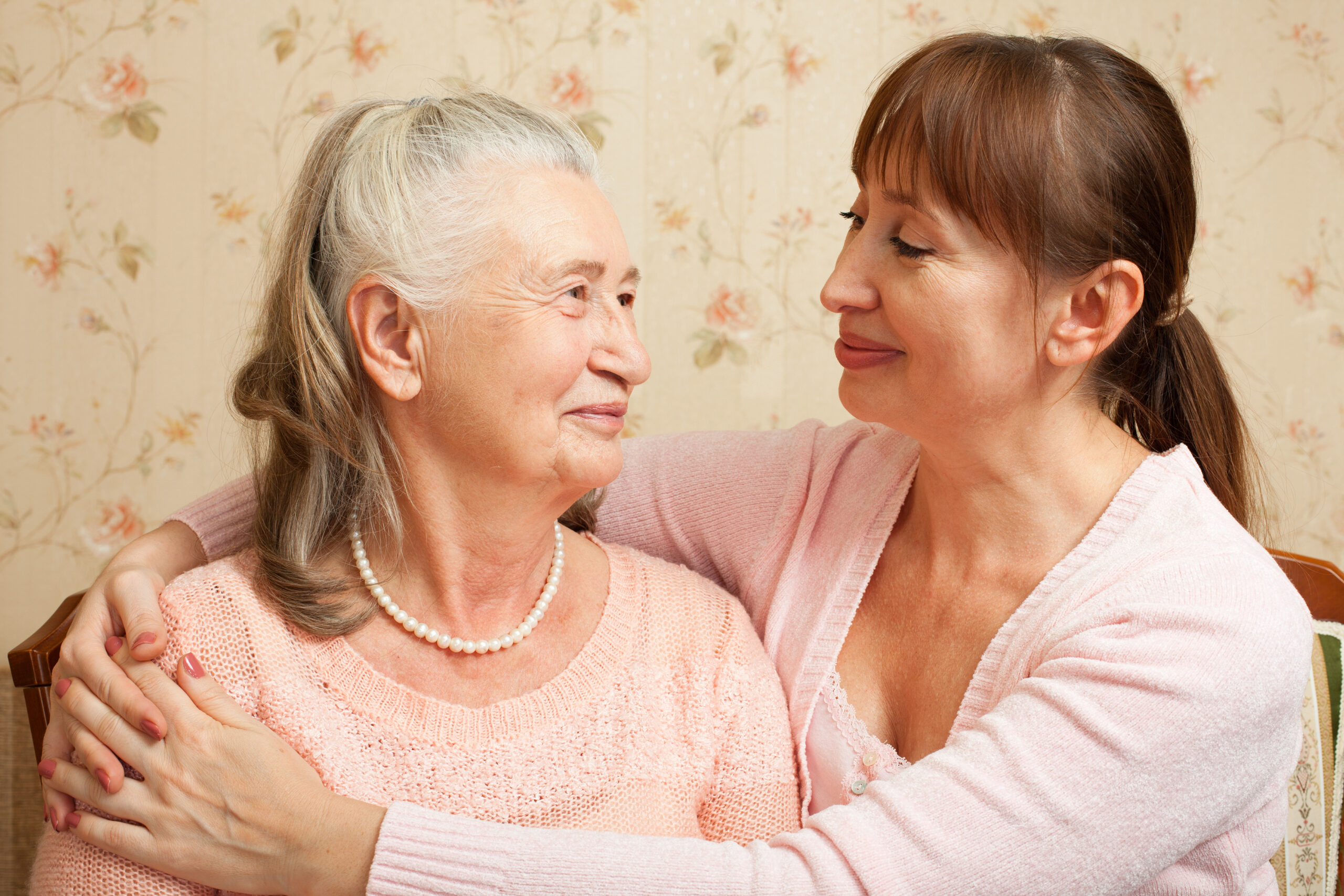Why do some people get more sensitive to joy
Some people seem to feel joy more deeply and intensely than others. Why is that? The answer lies in a mix of biology, personality, and life experiences that shape how sensitive we are to positive emotions.
## The Role of Brain Systems and Personality
One key factor is something called the Behavioral Activation System (BAS). This system in our brain responds strongly to rewards and good things happening around us. People with a highly active BAS tend to feel more excitement, happiness, and hope when they see or expect positive outcomes. They are naturally motivated by rewards and goals, which makes them more sensitive to joyful moments[2]. This means their brains light up more when something good happens, making joy feel stronger.
## Being Highly Sensitive by Nature
Some individuals are what psychologists call *Highly Sensitive Persons* (HSPs). These people process emotions—both good and bad—more deeply than most. Their nervous systems pick up on subtle details in their environment that others might miss. Because of this deep processing, they experience feelings like joy with greater intensity[3]. For example, an HSP might be moved profoundly by a beautiful sunset or a kind gesture because they notice nuances others overlook.
## How Environment Shapes Sensitivity
Sensitivity isn’t just about biology; it’s also about the environment around you. Research shows that highly sensitive people can flourish emotionally if they live in calm, supportive surroundings or have strong connections with nature[4]. Positive environments help these individuals channel their sensitivity into joyful experiences rather than feeling overwhelmed.
On the flip side, chaotic or stressful environments can make emotional sensitivity harder to handle because everything feels amplified—including negative feelings—which may overshadow moments of joy[4].
## Empathy and Emotional Depth
People who get very sensitive to joy often also have high empathy—they can deeply understand other people’s feelings as if those were their own[5]. This emotional depth allows them not only to enjoy personal happiness but also share in the happiness of others intensely.
However, this same trait means they sometimes carry heavy emotional loads from caring too much about everyone around them. When balanced well though, empathy enriches joyful experiences by connecting us meaningfully with others’ happiness too.
## Anxiety and Past Experiences Can Influence Sensitivity
Sometimes being very sensitive emotionally comes from past trauma or anxiety rather than just natural temperament[5]. Trauma can make someone hyper-alert emotionally as a way for their brain to protect itself from harm. This heightened alertness may cause both negative feelings like worry but also amplify positive ones like joy when safety is felt.
Similarly, anxiety often causes people to care deeply about many things at once—this over-caring includes feeling intense bursts of happiness but also stress over potential problems[5].
—
In short: Some people get more sensitive to joy because their brains respond strongly to reward signals; because they naturally process emotions on a deeper level; because supportive environments nurture this trait; due to high empathy connecting them closely with positive feelings; or as part of how past experiences shape emotional intensity.
This combination makes certain individuals experience moments of happiness not just as fleeting smiles but as rich waves of emotion filling many parts of their lives all at once.





